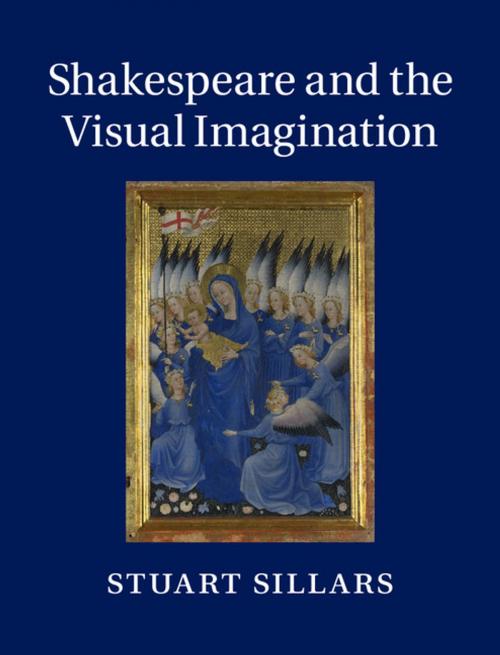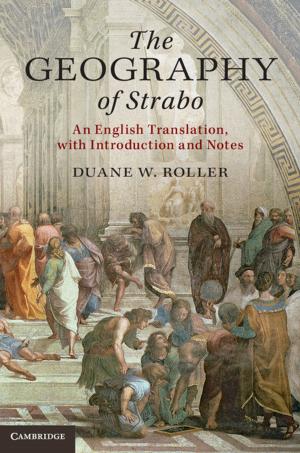Shakespeare and the Visual Imagination
Fiction & Literature, Literary Theory & Criticism, British, Nonfiction, Art & Architecture, General Art, Entertainment, Drama| Author: | Stuart Sillars | ISBN: | 9781316379202 |
| Publisher: | Cambridge University Press | Publication: | August 6, 2015 |
| Imprint: | Cambridge University Press | Language: | English |
| Author: | Stuart Sillars |
| ISBN: | 9781316379202 |
| Publisher: | Cambridge University Press |
| Publication: | August 6, 2015 |
| Imprint: | Cambridge University Press |
| Language: | English |
Shakespeare's knowledge of the practices of visual art, its fundamental concepts and the surrounding debates is clear from his earliest works. This book explores this relationship, showing how key works develop visual compositions as elements of dramatic movement, construction of ideas, and reflections on the artifice of theatre and language. The Taming of the Shrew, Love's Labour's Lost, Richard II and A Midsummer Night's Dream are explored in detail, offering new insights into their forms, themes, and place in European traditions. The use of emblems is examined in Titus Andronicus and As You Like It; studies of Venus and Adonis, some sonnets and The Rape of Lucrece reveal different but related visual aspects; a later chapter suggests how the new relation between seeing and soliloquy in The Rape of Lucrece is developed in other plays. Extensively illustrated, the book explores Shakespeare's assimilation and exploration of visual traditions in structure, theme and idea throughout the canon.
Shakespeare's knowledge of the practices of visual art, its fundamental concepts and the surrounding debates is clear from his earliest works. This book explores this relationship, showing how key works develop visual compositions as elements of dramatic movement, construction of ideas, and reflections on the artifice of theatre and language. The Taming of the Shrew, Love's Labour's Lost, Richard II and A Midsummer Night's Dream are explored in detail, offering new insights into their forms, themes, and place in European traditions. The use of emblems is examined in Titus Andronicus and As You Like It; studies of Venus and Adonis, some sonnets and The Rape of Lucrece reveal different but related visual aspects; a later chapter suggests how the new relation between seeing and soliloquy in The Rape of Lucrece is developed in other plays. Extensively illustrated, the book explores Shakespeare's assimilation and exploration of visual traditions in structure, theme and idea throughout the canon.















